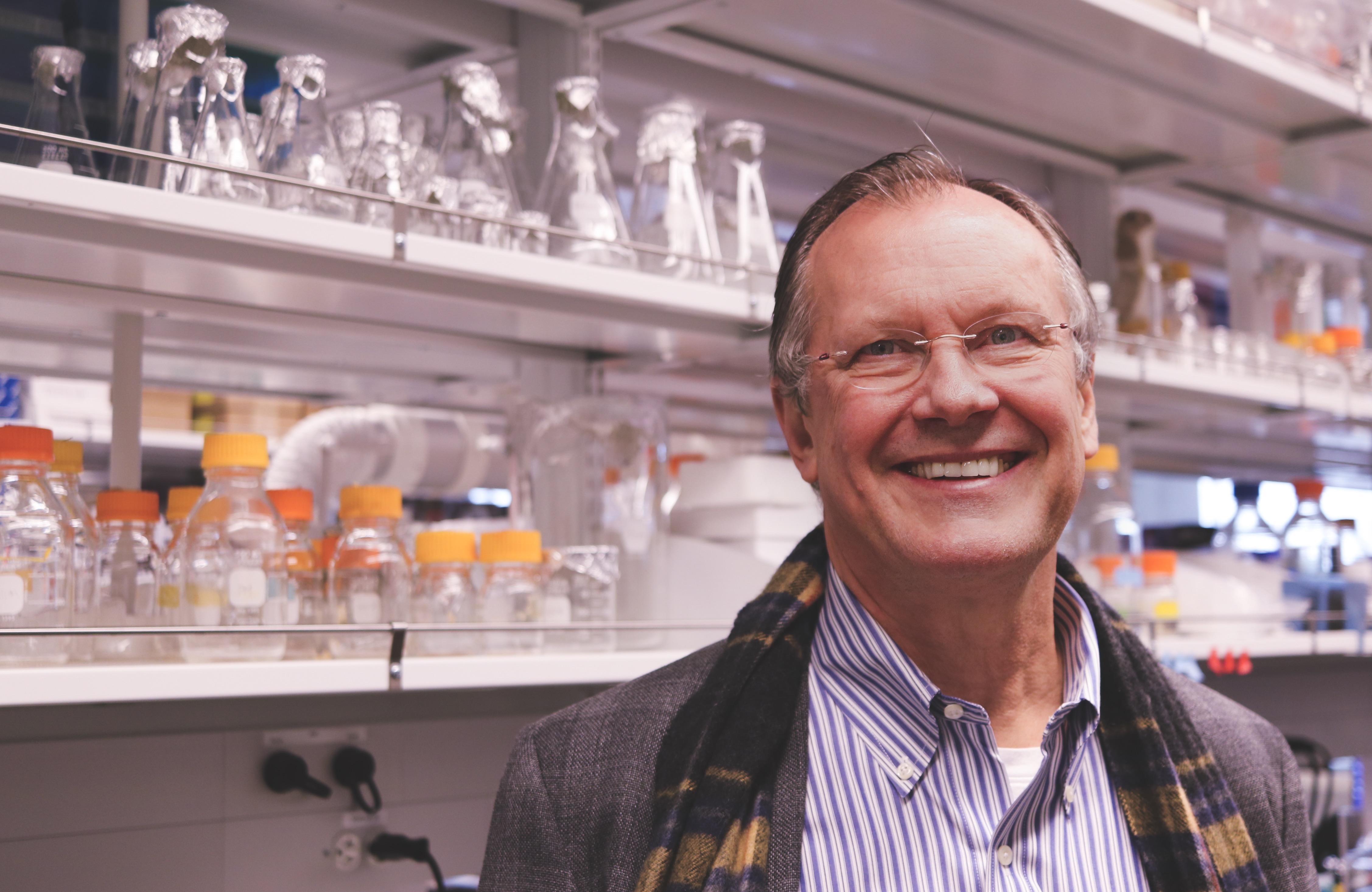David H. Ellison

David H. Ellison, M.D. is professor of Medicine and Physiology and Pharmacology, director of the Oregon Clinical and Translational Research Institute, and associate vice president for Clinical and Translational Research at Oregon Health and Science University. An elected member of the Association of American Physicians, he is also past chair of the Kidney Molecular Biology and Genitourinary Organ Development study section for NIH.
Dr. Ellison's research centers on effects of diet on blood pressure, on mechanisms of salt transport by the kidney, on the genetic basis of human hypertension, and on diuretic treatment of edema. A long-term focus of his research is the thiazide-sensitive NaCl cotransporter (NCC). His early studies helped define the distal convoluted tubule of the kidney, that mutations of NCC can lead to Gitelman syndrome, and that the antibiotic trimethoprim causes hyperkalemia in humans by disrupting ion channels. Dr. Ellison's work has transformed approaches to diuretic treatment of heart failure, and helped to define how mutations in WNK kinases cause human hypertension. Recent work has focused on how dietary potassium intake remodels the distal tubule to cause hypertension.
Dr. Ellison has been a leader in defining how mutations in a novel kinase pathway cause Familial Hyperkalemic Hypertension by altering distal salt transport, and has defined how a high potassium diet reduces kidney salt transport.